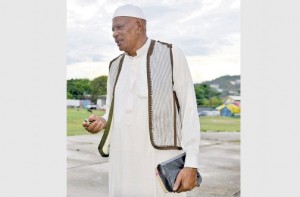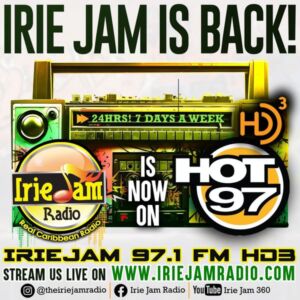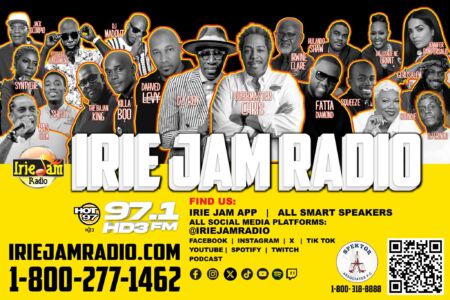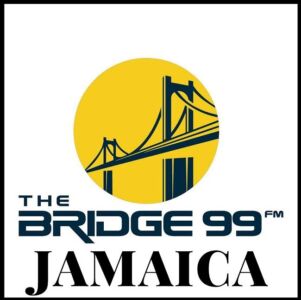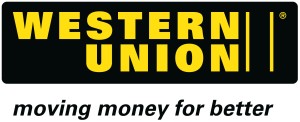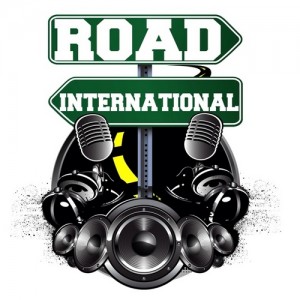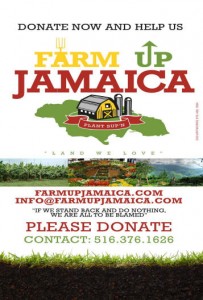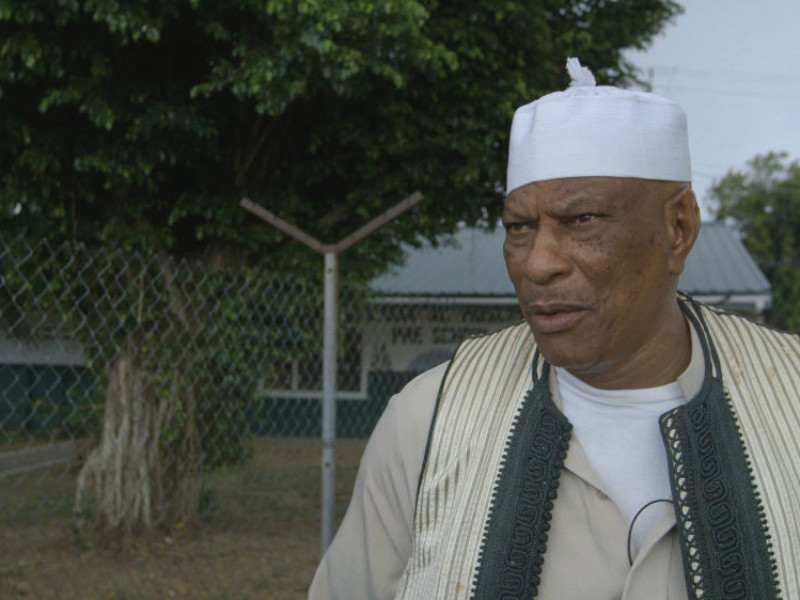
Radical Trinidad Muslim leader refused landing in Jamaica
BY KARYL WALKER Editor — Crime/Court Desk
Government says plan being made to transport Abu Bakr home
LEADER of the radical Trinidadian Muslim movement Jamaat al Muslemeen, Yasin Abu Bakr, was refused landing in Jamaica yesterday after he was declared a threat to public safety.
Abu Bakr was detained at the Norman Manley International Airport after he arrived on a flight from the twin-island republic.
His detention was confirmed by deputy commissioner in charge of the crime portfolio Glenmore Hinds.
“Yes, I can confirm that,” Hinds said in response to a query from the Jamaica Observer.
A release issued later by the Ministry of National Security explained that Abu Bakr was refused leave to land under Section 4 (1) h of the Immigration Restriction (Commonwealth Citizens) Act.
“The following Commonwealth citizens (not being persons deemed to belong to the island as defined by sub section (2) of section 2) are prohibited immigrants… any person who, from information or advice which in the opinion of the minister is reliable information or advice, is deemed by the minister to be an undesirable inhabitant of or visitor to the island. The decision to refuse leave to land is in the interest of national security, given the present threat posed to public safety. Plans are being made to return him to Trinidad and Tobago,” the release stated.
Abu Bakr reportedly became heated and started shouting after he was not allowed to leave the airport. The Observer understands that the Caribbean Airlines crew expressed concern about him being allowed to board the return flight home.
Some time after he was whisked away by the police, who did not disclose where he would be held until he is escorted back to his homeland on a private plane.
In 1990, Abu Bakr led more than 100 of his followers in a coup attempt against the ANR Robinson-led National Alliance for Reconstruction Government.
The Muslim insurgents stormed the Trinidadian parliament and held Robinson and the majority of his Cabinet members hostage.
The radicals also took over the twin island’s only television station and one of its radio stations.
Abu Bakr appeared on television and announced that the government had been overthrown and that he was in negotiations with the army.
Robinson was beaten and shot by the rebels after he urged the army to attack them.
The Trinidadian security forces sealed off the area around the house of parliament, popularly known as the Red House, and a state of emergency was declared.
After six days of negotiations, the rebels surrendered and were arrested.
They were, however, freed after an Appeals Court upheld an amnesty which was offered in exchange for their surrender.
Some 24 lives were lost during the coup attempt, including that of member of parliament Leo Des Vignes.
Controversy has followed the radical Muslim leader since. Eleven days after the shocking 9/11 terrorist attack on the Twin Towers in New York City, Abu Bakr was detained and interrogated by police at London’s Heathrow Airport while on his way to an Islamic conference in Libya.
In that same year police in Florida uncovered a plot to smuggle 60 rifles and 10 submachine guns to the Jamaat in Trinidad.
Meanwhile, Jamaica’s refusal to permit the controversial Trinidadian landing rights comes amidst confirmation from the twin island that a number of its nationals have been fighting alongside the terrorist group ISIS that has been waging a bloody attack on ‘infidels’ in Iraq and Syria.
It also comes on the heels of tension between the two countries after 13 Jamaicans were denied entry at the Piarco Airport, detained and sent home on September 30.
source: jamaica observer
